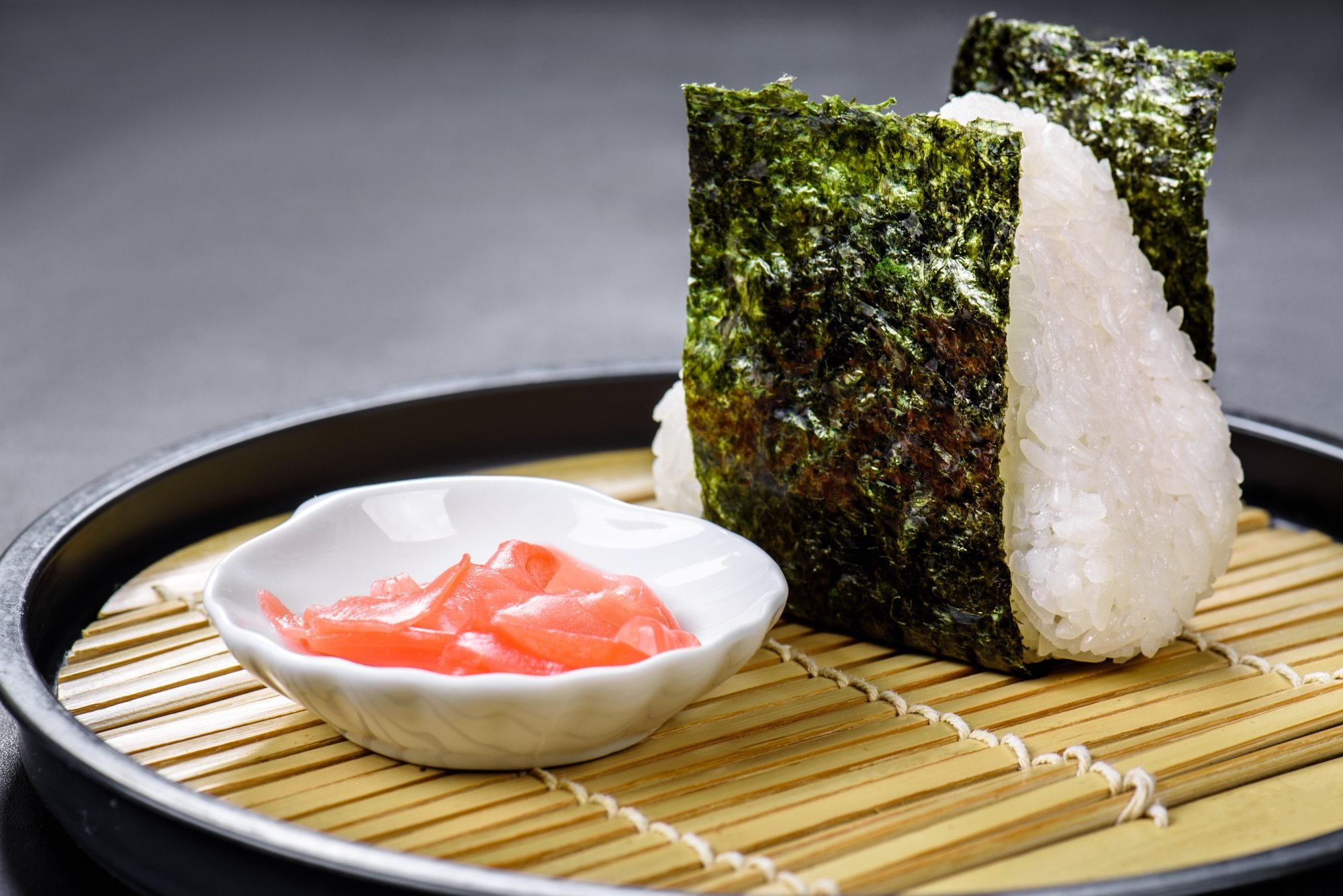
Health questions: is pickled ginger good for you? What the science says
- You’ve probably eaten slices of pickled ginger as an accompaniment to sushi – they will have been either sweetish or pink-coloured and tangy
- Pickled ginger is good for you, but the benefit is slight because you eat so little at a time. Fresh ginger has many health benefits and may be a better choice
Is pickled ginger good for you? Yes, but only marginally.
The odds are you’ve probably had pickled ginger as a crunchy sushi condiment.
Pickled ginger, a form of tsukemono (Japanese pickled food), is commonly prepared in two ways.
Marinating thinly sliced young ginger dehydrated with salt in a sugar and rice vinegar brine gives you gari, or sushi ginger, which leans toward the sweeter side.

Beni shōga is made using red wine or plum vinegar which produces its pink hue. The lack of sugar in beni shōga results in its distinct, tangy burst of flavour.
Recipes: how to pickle your own cucumbers and ginger
Nonetheless, there’s a lot to be said about ginger’s inherent health properties, pickled or otherwise.
Ginger (Zingiber officinale) contains a wealth of vitamins and nutrients, including vitamin C, and B vitamins thiamine, riboflavin and niacin – along with minerals such as iron, calcium and phosphorus. But, as 2018 data from the US Department of Agriculture shows, there’s only 0.1 mg of vitamin C in every teaspoon of ginger you consume.
More importantly, ginger contains a bioactive compound called gingerol, long lauded as an anti-inflammatory, anti-viral and antioxidant agent.
Those claims are supported by a 2022 study published in the Food Chemistry Advances journal. That research tells us that the gingerol found in the rhizome also inhibits nausea and vomiting - and works as a digestive aid.

Eating ginger is also linked to lower cholesterol levels and improved lipid metabolism - the breakdown and storage of fats for energy, according to a report cited in the textbook Herbal Medicine: Biomolecular and Clinical Aspects.
Does pickling destroy ginger’s nutrients, though?
Some of the water-soluble vitamins will inevitably leach out of the ginger into the pickling solution - which may be discarded. Other nutrients will be unaffected.
How ginger shots improve your well-being and boost your immune system
The concentrated solution of vinegar and sugar plays a key role in pickled ginger’s taste and preservation - the US-based Produce for Better Health Foundation says peeled, refrigerated ginger lasts in the fridge for 2-3 weeks, but tightly sealed pickled ginger can keep in the fridge for several months.
Pickled ginger can be a flavourful, low-calorie addition to your diet. Be aware of the salt and sugar used to pickle and preserve it, though, and opt for versions that may be lower in these additives. Or have fresh ginger root to enjoy all of its benefits - without the added salt or sugar.

